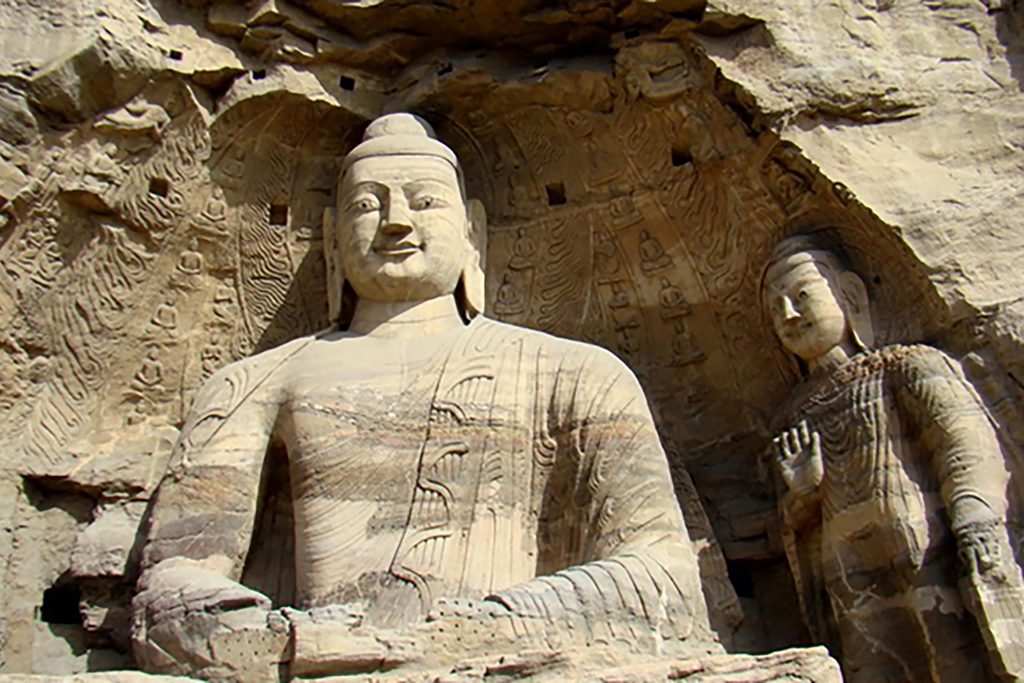Blog & Articles
The Practice Of Mettā

One of the most transformational practices of Insight Meditation is the practice of Mettā, also known as Lovingkindness, which involves cultivating feelings of goodwill, kindness, and gentleness towards oneself and others. Because of its many advantages for mental and emotional wellbeing, Metta has grown in popularity among modern meditation practitioners. A great deal of my own practice involves Metta and I frequently recommend committed periods of Metta practice for my students.
The origins of Metta practice can be traced back to the Buddha, who taught the practice as an ultimate protection. According to legend, the Buddha taught Metta meditation to a group of monks who were afraid of terrifying objects, dreadful noises, and sickening smells introduced by tree-deities during their meditation retreat in the forest. The Buddha instructed the monks to practice Metta towards themselves and then expand their feelings of love and kindness towards all beings, including those they feared. By the end of the retreat, the monks no longer felt fear and had developed a deep sense of compassion and empathy for all beings.
The practice of Metta involves repeating a series of phrases to oneself silently, such as “May I be happy, may I be safe, may I be healthy, may I live with ease.” The practitioner then extends these same wishes to others, starting with someone where the intentions of love and goodwill come easy, then to someone they have neutral feelings towards, and finally to someone they may have difficulty with or hold resentment towards. The practice concludes with a boundless expression of benevolence, extending out to include all beings, without exception. A skilled and experienced teacher can help you understand the nuances of the practice and can offer invaluable guidance through any difficulties or obstacles you may encounter during your practice.
Modern meditation practitioners can benefit from Metta in many ways. One of the primary benefits of Metta is that it helps to develop a sense of friendliness and empathy towards oneself. This can lead to greater feelings of self-love and self-acceptance, which can be particularly helpful for those who struggle with self-criticism or negative self-talk. Metta can also help to reduce feelings of anger, resentment, and fear, as the practice encourages the cultivation of positive emotions and attitudes towards others.
In addition to emotional benefits, Metta has also been shown to have physical health benefits. Studies have found that practicing Metta meditation can lower levels of stress hormones and reduce symptoms of depression and anxiety. It can also improve feelings of social connectedness and increase feelings of happiness and wellbeing. Further studies have shown it also enhances brain activity in areas associated with positive emotions and reduces activity in areas associated with negative emotions. From this alone you can easily begin to understand why Metta practice is highly revered by those who dedicate themselves to the practice.
It may go without saying that Metta is without a doubt a very powerful meditation practice. It has been passed down for over 2,500 years with countless practitioner’s benefiting from the release of fear, enmity, and dis-ease. Its origins can be traced back to a direct teaching of the Buddha to his monks that many find captivating, and it continues to be a popular practice among modern meditation practitioners today. By cultivating feelings of goodwill, kindness, and gentleness towards oneself and others, Metta can lead to numerous benefits for mental, emotional, and physical wellbeing.
If you’re interested in cultivate greater goodwill and friendliness in your life, I invite you to join me for the weekly Open Online Guided Meditation sessions offered on Sundays during the month of March where I provide participants with instruction and direction for the cultivation of Metta.

Johnathan Woodside
Johnathan is an Insight Meditation teacher offering Dharma instruction rooted in the Theravada tradition of ethics, concentration and wisdom.
Recent Posts
Have Any Question?
Greetings, fellow Mediators! I invite you to gather your strong determination for study and practice with me. Feel free to share your questions, and together, we’ll realize the liberating insights of the Dharma.

